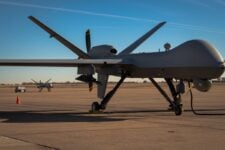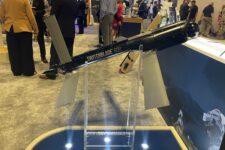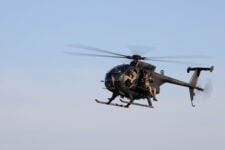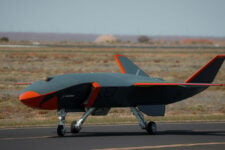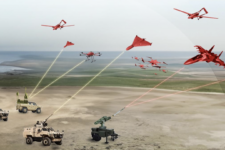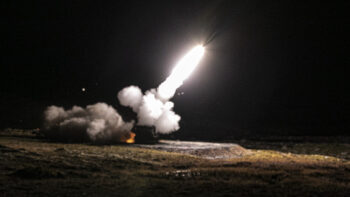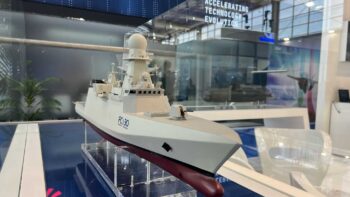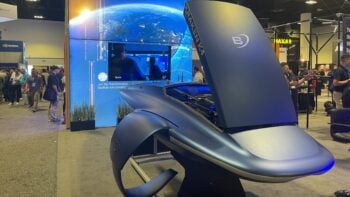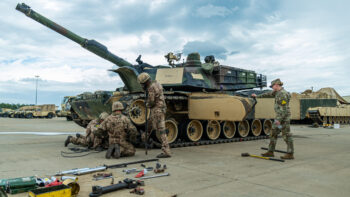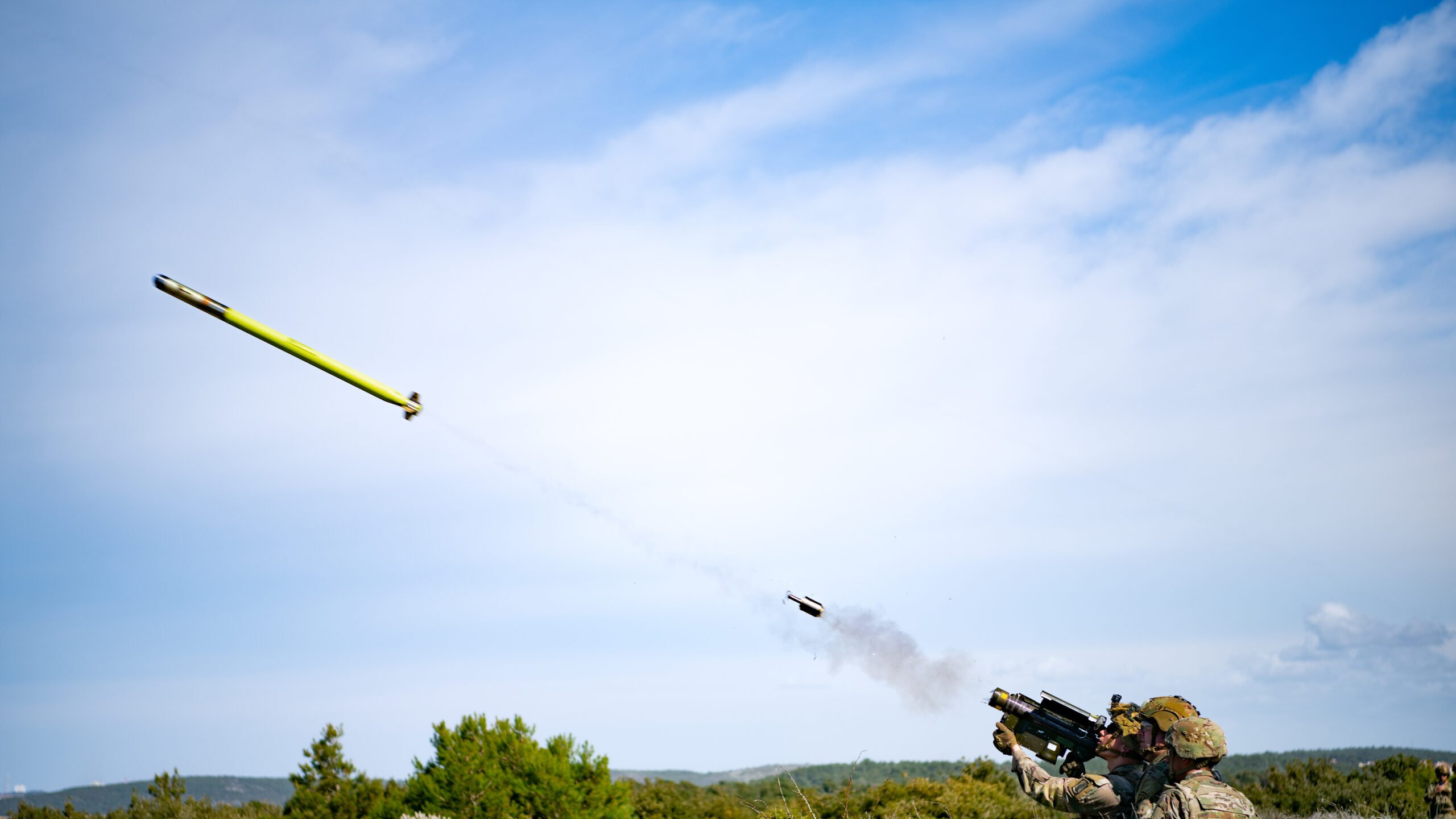
US Army paratroopers assigned to the 173rd Airborne Brigade fire a FIM-92 Stinger during an air defense live-fire exercise. (US Army)
WASHINGTON — Raytheon Technologies’ supply chain is showing signs of stabilizing, executives said today during their first quarter earnings call for 2023, though obstacles persist as the company works to meet what it calls a “record” backlog of $180 billion.
“We still are constrained from a supply chain standpoint, although it’s getting a hell of a lot better,” Raytheon Chief Executive Officer Greg Hayes told investors on the heels of financial returns that reportedly outperformed earnings forecasts, though he added “we still have work to do.”
“While we’ve experienced stabilization in certain areas, such as electronics, we continue to experience challenges in castings, forgings, raw materials and machining,” President and Chief Operating Officer Chris Calio explained on the call.
Raytheon executives warned during the Baird Global Industrial Conference in November that engine casting shortages could stretch through much of 2023, though the company reported some signs of recovery today.
Noting that castings at subsidiary Pratt & Whitney are “up about 30 percent sequentially this quarter,” Calio said that’s still “not to the level of flow that we need” and that some labor challenges persist. Pratt’s victory in the Pentagon’s F-35 engine decision was also highlighted by Hayes, who called it a “win for the warfighter and the taxpayer” that “will solidify Pratt & Whitney’s position on the F-35.”
For Raytheon’s Missiles & Defense unit, Hayes made clear that an upswing in rocket motor production would be critical for boosting production of TOW, Javelin, Stinger and Standard missiles, which in turn would help “drive extraordinary growth in the top line over the next couple of years.”
Asked how L3Harris’s impending acquisition of Aerojet Rocketdyne might improve availability of rocket motors, Hayes mostly demurred, though he emphasized it was important for Aerojet, a critical supplier of rocket motors, to “focus on delivery and not get distracted by this deal.
“There’s always a concern, I think, when you have one of your key suppliers going through a merger or an acquisition, is that they lose focus on delivering and quality,” he said. “We’ll see what happens,” he added, pointing to the Federal Trade Commission’s second request for information on the deal. “I would tell you in the current antitrust environment, no deal is certain until it is actually done.”
Hayes had previously called Aerojet a “weak link” in the company’s supply chain in a December interview with Defense One. The problem appears to remain, as Hayes said today that Raytheon has representatives at Aerojet “every single day” to work through supply issues. The Pentagon also recently awarded Aerojet nearly $216 million in an effort to spin up production and meet surging demand for rocket propulsion systems that power a range of platforms from missile interceptors to space launch vehicles.


